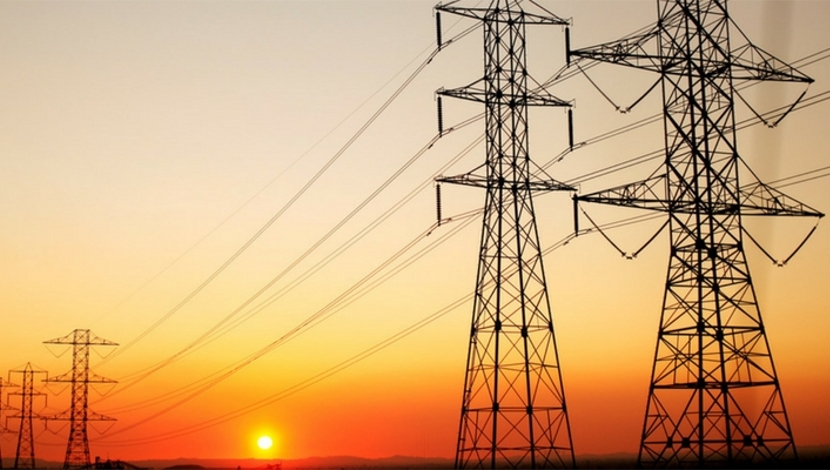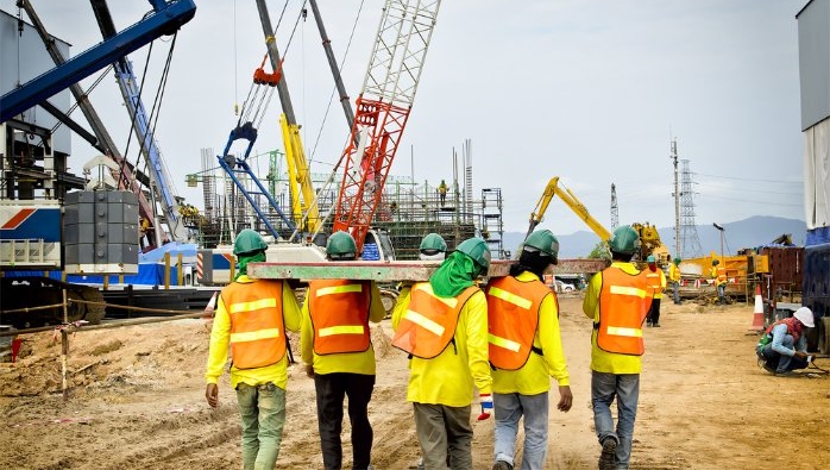

The Chinese firm which built the high capacity railway track between Mombasa and Nairobi says it pumped billions of shillings in Kenya’s economy even as debate rages over the viability of the mega project.
The China Communications Construction Company Ltd (CCCC) said 40% of the Sh327 billion contract (Sh130 billion) entered various segments of the economy.
At a media briefing in Nairobi, the company said it hired 2,946 local security personnel and contracted 1,234 suppliers during its two-and-a-half years of construction work. It also hired 46,000 local workers and invested Sh27.6 billion directly in various community projects, among them three schools.
“Lots of job opportunities have been created for locals and local talents have been trained,” the CCCC said. “The SGR will make Kenya more open to local businesses and foreign investment, which is not only good for Kenya but also for the entire East African Community.”
Kenya becomes the first East African State to replace its meter-gauge track with a high-capacity line after President Uhuru Kenyatta launches Mombasa-Nairobi track today.
With ready financial and technical support of the Chinese, the Sh327 billion project took just two and half years to complete.
“Through local procurement and subcontracting, we have facilitated the development of local cement companies, oil companies, SMEs and transport companies in Kenya,” the Chinese firm says.
According to CCCC, the more than 300,000 tonnes of cement that it bought from Bamburi by February last year propelled the Kenyan firm to greater profitability, enabling it to raise annual production capacity by 10% to two million tonnes.
The firm said it also bought simple machinery, chemicals and services in Kenya, adding that only the advanced equipment such as locomotives, operating equipment, SCE (signal, communication and electricity) were imported.
“The SGR project has brought a profit of billions of shillings to local oil companies, and a profit of about Sh5-25 million to SMEs,” the firm said.
In East Africa, Kenya’s mega project is set to rekindle debate on China’s ‘no-string-attached’ policy that critics say risks dotting Africa with underperforming projects.
Analysts, World Bank and Western governments questioned the economic viability of the mega infrastructure, says the Tanzania Zambia Railway Authority (Tazara) on its website.
China which is also financing the Nairobi-Naivasha section of the SGR at a cost of Sh150 billion, has also been approached for additional Sh370 billion for the Naivasha-Kisumu section.





